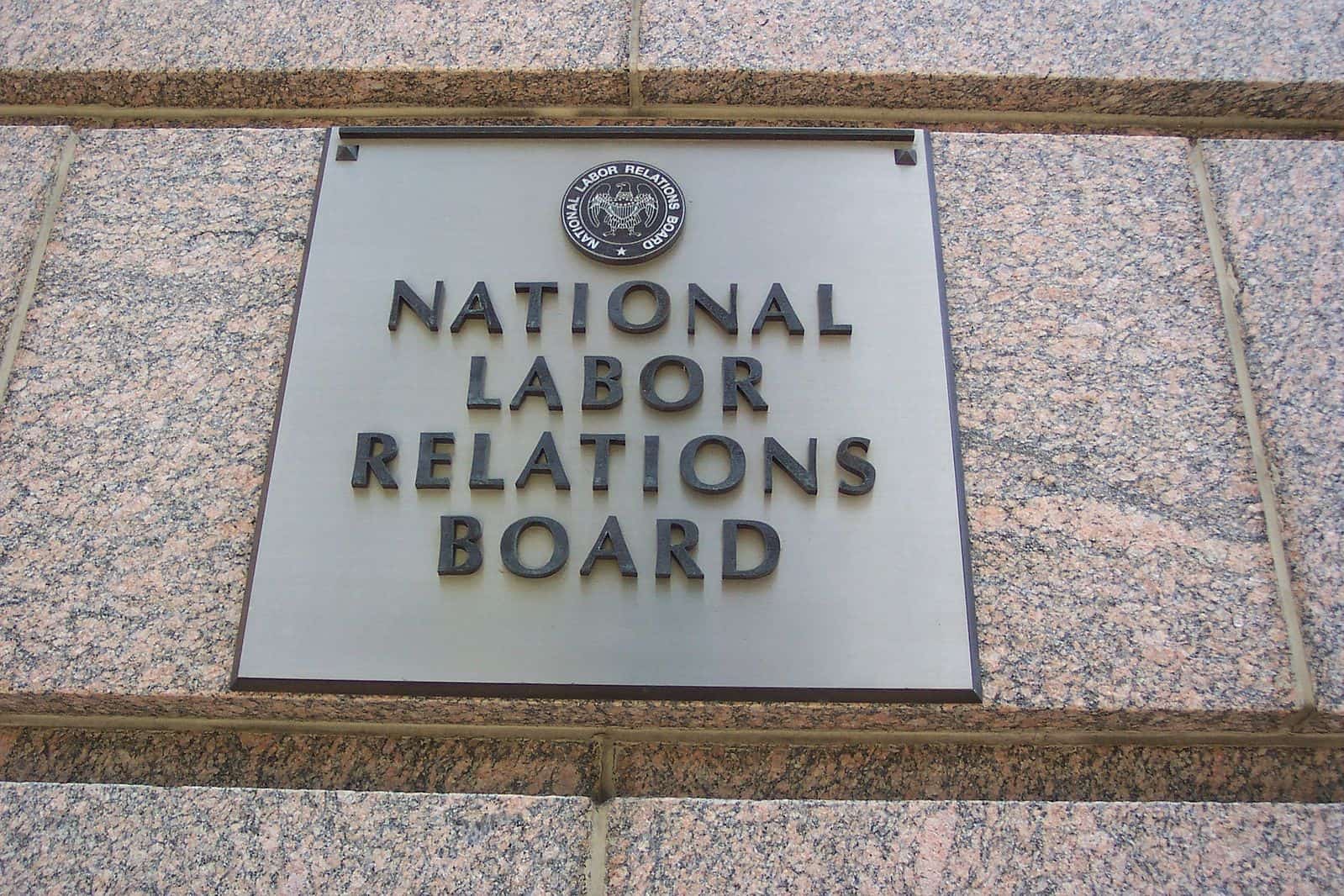
Alexandra Butler is a student at Harvard Law School.
With the number of coronavirus cases mounting, many American workers, faced with continued uncertainty, are looking to Congress for additional assistance. Yet, as Mackenzie reported on Monday, so far, legislators have been unable to reach an agreement about what the government will provide in the form of relief. Democrats have proposed $2.4 trillion in aid, an amount that they argue is both necessary and warranted in light of the election that “repudiated . . . Donald Trump’s approach . . . and embraced [Joe Biden’s].” On the other hand, Senator McConnell and others in the Republican party believe that any bill should be “highly targeted at what the residual problems are.” For Heidi Shierholz of the Economic Policy Institute, however, Republican resistance to a larger relief package is having severe consequences. In an op-ed published on Thursday, she highlights that “blocking more COVID relief is . . . terrible economics”: it eliminates jobs, reduces access to health insurance and “exacerbat[es] racial inequality.”
Recognizing the uncertainty that many face, some employers have focused their attention on improving company-provided health insurance plans. As the potential health and economic consequences of COVID-19 loom large, a lot of employers are working to avoid an increase in insurance prices for their employees. In addition, companies have begun to provide additional resources, such as virtual health care, critical illness insurance and hospital indemnity insurance. Yet, these efforts affect only 49.6% of the population, those covered by employer-provided insurance plans. Moreover, varying approaches among employers will leave some with rising costs and without improved benefits.
In a recent blog post published by the UC Berkeley Labor Center, Betony Jones rebuts the argument that a worker-friendly agenda is necessarily at odds with any transition to solar energy. Specifically, she highlights that, contrary to popular belief, prevailing wages for skilled workers don’t “spell[] doom for the [solar] industry.” Relying on available data, Jones’s analysis reveals that adhering to prevailing wages will have only a minimal and transient effect on total industry costs and overall consumer interest. Moreover, she notes that variations in prevailing wage, as well as the potential for increased worker productivity, undermine any arguments that such compensation is always unrealistic or too expensive. Lastly, Jones emphasizes that “[r]educing labor costs is not the only way to reduce solar costs,” underscoring the potential for cost cuts in areas unrelated to labor, such as sales and marketing, overhead and profits.
In a timely op-ed published in the New York Times, Journalist Anna Louie Sussman advocates for gender pay equity, an approach that provides “equal pay for work of equal value.” Turning to New Zealand as an example, Sussman highlights that this approach requires advocates to analyze labor markets in a larger context and to undo the undervaluation of jobs most often held by women. Specifically, it calls on society to take a skills-based approach to job pay classification, in an effort to show, that despite existing pay discrepancies, comparable “women’s work” and “men’s work” often require similar skill sets. Sussman applauds New Zealand’s willingness to embrace this method, highlighting the success that a group of social workers, often a female-dominated profession, had in obtaining a 30.6% pay increase. For next steps, Sussman implores us to follow New Zealand’s lead, asking: “Are we willing to re-examine the assumptions embedded in what we have been told are ‘free markets’ for labor?”
In the aftermath of the election, unions are pushing for the removal of the General Counsel of the National Labor Relations Board (NLRB), Peter Robb. The NLRB’s recent pro-management agenda – one that has undermined investigatory practices and attempted to quell union dissent – has raised red flags for worker advocates. As a result, many believe that President-elect Joe Biden must replace Robb in order to restore the NLRB’s commitment to unions and workers. Proponents of this proposal are looking to a recent Supreme Court decision, Seila Law v. Consumer Financial Protection Bureau (CFPB), for legal support, noting that the case, which allows the President to fire the Director of the CFPB, may offer a constitutional path to achieve their goals.






Daily News & Commentary
Start your day with our roundup of the latest labor developments. See all
April 24
Workers in Montreal organize the first Amazon warehouse union in Canada and Fordham Graduate Student Workers reach a tentative agreement with the university.
April 23
Supreme Court hears cases about 10(j) injunctions and forced arbitration; workers increasingly strike before earning first union contract
April 22
DOL and EEOC beat the buzzer; Striking journalists get big NLRB news
April 21
Historic unionization at Volkswagen's Chattanooga plant; DOL cracks down on child labor; NY passes tax credit for journalists' salaries.
April 19
Alabama and Louisiana advance anti-worker legislation; Mercedes workers in Alabama set election date; VW Chattanooga election concludes today.
April 18
Disneyland performers file petition for unionization and union elections begin at Volkswagen plant in Tennessee.